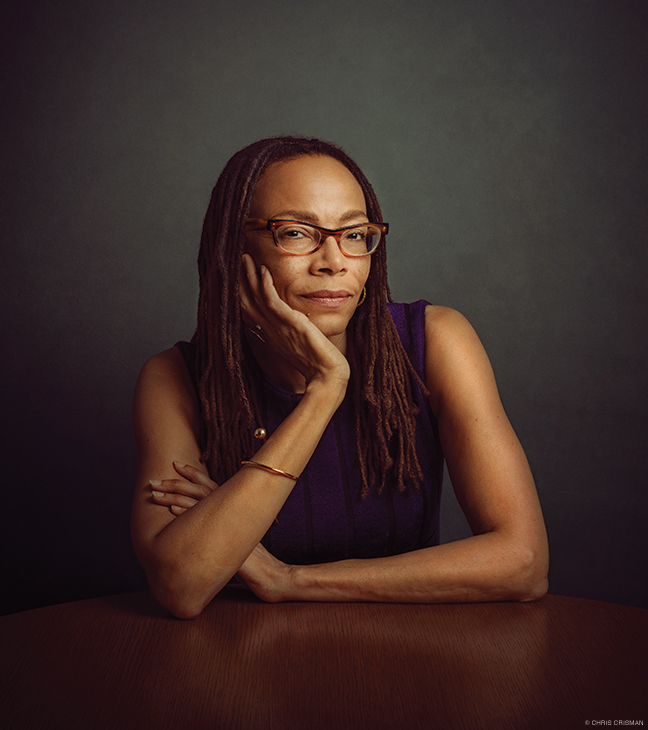Genetics against race: Science, politics and affirmative action in BrazilPosted in Anthropology, Articles, Brazil, Caribbean/Latin America, Health/Medicine/Genetics, Media Archive, Politics/Public Policy, Social Science on 2016-08-07 20:21Z by Steven |
Genetics against race: Science, politics and affirmative action in Brazil
Social Studies of Science
Volume 45, Number 6 (December 2015)
pages 816-838
DOI: 10.1177/0306312715610217
Peter Wade, Professor of Social Anthropology
University of Manchester
Michael Kent, Honorary Research Fellow in Social Anthropology
School of Social Sciences
University of Manchester
This article analyses interrelations between genetic ancestry research, political conflict and social identity. It focuses on the debate on race-based affirmative action policies, which have been implemented in Brazil since the turn of the century. Genetic evidence of high levels of admixture in the Brazilian population has become a key element of arguments that question the validity of the category of race for the development of public policies. In response, members of Brazil’s black movement have dismissed the relevance of genetics by arguing, first, that in Brazil race functions as a social – rather than a biological – category, and, second, that racial classification and discrimination in this country are based on appearance, rather than on genotype. This article highlights the importance of power relations and political interests in shaping public engagements with genetic research and their social consequences.
Read the entire article here.


